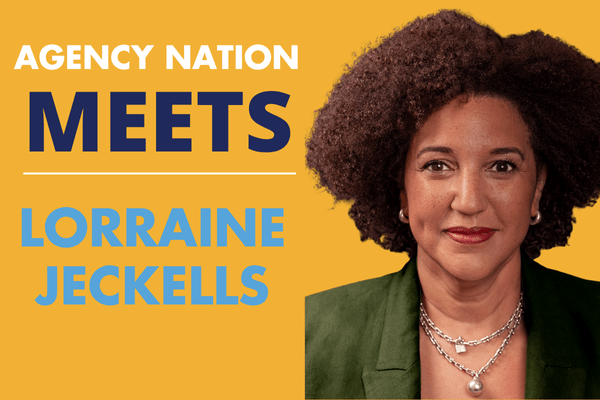Artificial Intelligence: How Will It Really Impact Your Agency?

By: Samir Gulati
Historically, the insurance sector has focused on winning business and outsmarting competitors with an analogue approach. But the real battleground for the competitive advantage lies in improving the customer experience.
While there are many ways to approach this, one thing is clear: The insurance industry isn’t free from the pressures to digitize processes and communications with clients. The 21st century customer expects instant communication and results, predominantly across digital channels.
To meet these 24/7 customer service demands, technologies that have disrupted entire sectors—the Internet of Things (IoT), artificial intelligence (AI) and the cloud—will become increasingly useful for independent agents by enabling them to give their customers a seamless brand experience every step of the way: from agent to insurer to claims management.
As agents consider the best technologies to reach their customer base, AI will have a significant impact over the next year.
Consider the claims process: It’s now common to use mobile devices to report a claim, whether through an agency-specific app or just to document images with timestamps. Customers use phones or tablets to take pictures, book appointments and fill out claims forms.
What’s missing from most insurance platforms is self-learning technology that simplifies the process for both the agent and the customer. AI will drive these processes to deliver the customer service clients expect.
It may sound complicated, but here are two ways AI solutions can aid agents in adjusting to the new normal and meeting demands for best-in-class customer service:
1) Simplifying scheduling and resource coordination. AI can simplify everything from scheduling to streamlining communications between an agent, client and repair company. With a smart customer service portal or app, clients can self-schedule claims appointments or even coordinate a new client orientation with an agent. In addition, some integrated technology enables customer and agent to schedule repair services with skilled, accredited technicians.
This process can provide agents with valuable insights, saving them time and money. For instance, when an entire claims process is tracked within one platform, agents instantly gain access to claims and repair statuses—even if the claim is being handled by another agent. Rather than calling the other driver’s agent and repair shop for updates, all work orders, repair schedules and parts details could be located in one place.
AI does all the hard work by arranging the resources around the customer to make sure that they receive the best service in the most efficient manner possible.
2) Improving customer retention and share of wallet. Businesses that offer a satisfying customer experience have the potential to boost revenue by up to 15%, while lowering the cost of serving customers by as much as 20%, according to McKinsey & Company.
To ensure a positive customer experience, agents can take a two-step approach. First, provide customers with a digital consumer portal for scheduling and two-way communications. Second, deliver 24/7 support.
Integrated engagement portals can enable customers to communicate with their insurance agencies when and where it’s most convenient. The IoT provides the means to offer proactive support for a smoother claims process.
By implementing new digital technologies, independent agents can reduce their financial outlay. After achieving that, they have the flexibility to give control to the customer for the service they require when they need it. At the same time, agents arm themselves with a tool that enables them to work more efficiently and effectively. It’s a win-win for all.
Samir Gulati is chief marketing officer at ServicePower and previously served as vice president of marketing at Appian.










